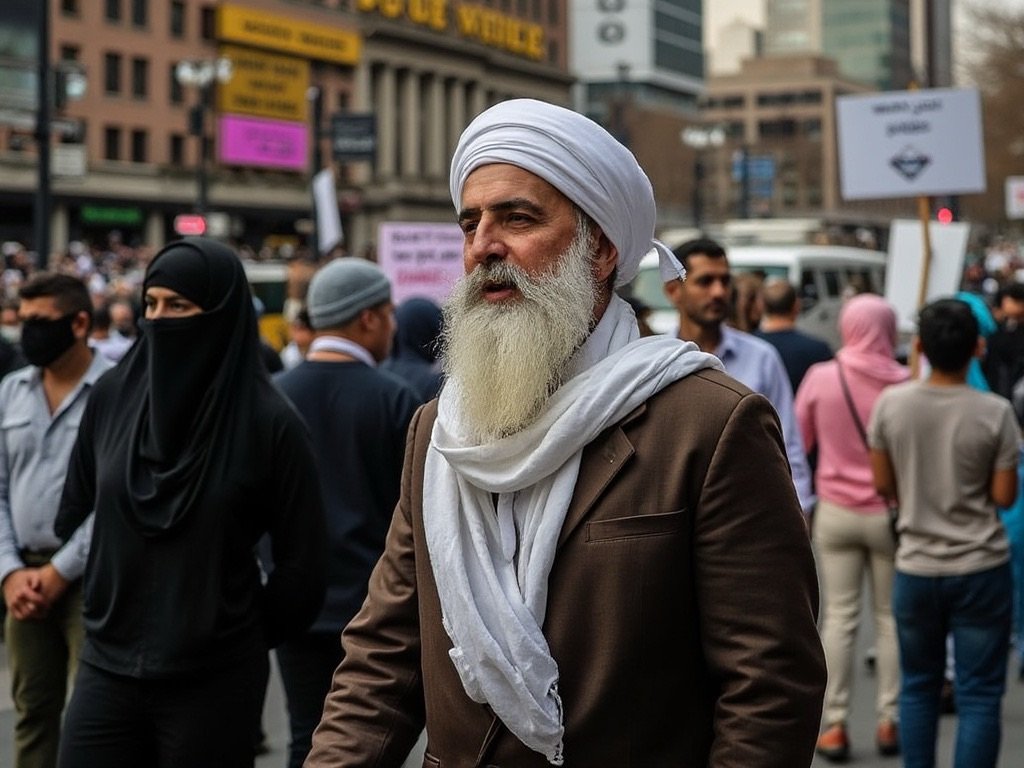Islam’s teachings of the Qur’an are firmly rooted in the ideas of justice, freedom of speech and resisting oppression. But these have to be kept in check at all times within the parameters of public order and peace. Islam prohibits any actions that incite violence or disturb the calm in the society, including violent protests on the streets that could upset daily life and
undermine the state. Al-rayhuriyyah, or the right to freedom of expression, is likewise upheld by Islam. This freedom is not absolute but must promote tolerance, social harmony and the common good. Many Islamic scholars emphasise that in Islam, communication should not be used as a means of inciting hatred, dehumanisation or division among people. The intention is to bring about harmony and understanding in society. The idea of Shura or consultation, also emphasises the value of free speech by enabling Muslims to express their viewpoints in a way that is advantageous to the community as a whole.
As stated in Quran, Islam does support resisting oppression, but only as long as it stays within the confines of what is right. This is where the protest issue comes up. While the Islamic framework does not explicitly outlaw protests, it does impose strict guidelines on their conduct. The Qur’an forewarns against “transgressing limits” on multiple occasions (2:190). This is a particularly pertinent lesson when uncontrolled public rallies result in violence, property destruction or harm to innocent people. Unrestrained emotions during protests are proven to be dangerous. Images from the media usually depict protests turning chaotic, resulting in damage to public property and injuries to citizens. In these situations, acting in the name of pursuing justice is not acceptable and violates Islamic values. Islam advocates resolving disputes amicably and constructively.
Keeping in mind the recent communal clashes at Bahraich, let us remember that, while Islam supports the concepts of justice and the freedom to express one’s opinions, these liberties must always be practiced responsibly. The framework of Islam is unequivocal: it forbids acts that injure, disturb public order, or incite violence. Protests that cause more harm than good-such as property destruction or acts of violence- are incompatible with Islam. Islamic beliefs encourage Muslims to pursue justice by non-violent means, providing a nuanced perspective on the right to protest. If injustices continue, there may be better options in the shape of legal remedies. Islam’s message- which is based on the moral precepts of the Quran- is one of fairness, harmony, and responsible expression. Let us remember the Quranic teaching (Surah Al- Maidah, verse 32) which says that whoever takes a life of an innocent, it will be as if he killed all of humanity; and whoever saves a life, it will be as if he saved all of humanity.
-Insha Warsi
Francophone and Journalism Studies Jamia Millia (slamia

